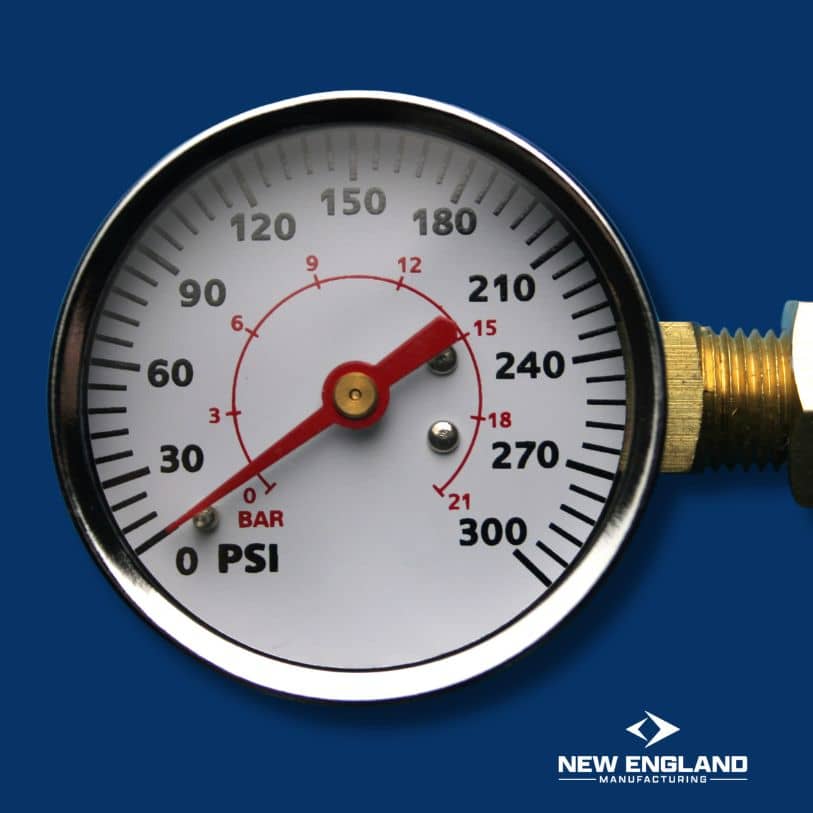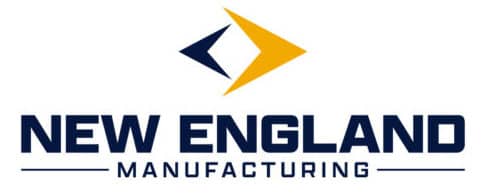The Essential Guide to Choosing the Right Flow Meter
When it comes to ensuring the efficiency and accuracy of fluid management systems, selecting the ideal flow meter is crucial. This task, though it may seem daunting, is vital for a wide range of applications, from industrial processes to water treatment facilities. In this guide, we’ll walk you through six key factors that you should consider when choosing a flow meter. We aim to simplify the decision-making process for you, ensuring that you find a flow meter that perfectly meets your needs.
Introduction to water flow measurement devices
In the realm of fluid dynamics, precision and reliability are paramount. Whether you’re monitoring water usage, controlling industrial processes, or ensuring the supply quality in utility services, the correct flow meter can make all the difference. But with an array of water flow measurement devices on the market, how do you decide which one is best suited for your specific requirements? This question leads many to a crossroads, requiring a well-thought-out approach to find the most fitting solution.
Selecting a flow meter isn’t just about picking the most advanced tool; it’s about understanding the nuances of your application and matching them with the right features. Let’s dive into the six top factors that will guide you to make an informed decision, ensuring that your fluid management system operates smoothly and efficiently.
1. Understanding Your Application
First and foremost, consider the nature of your application. Different water flow measurement devices are designed to excel in various environments and conditions. Ask yourself: What kind of fluid am I measuring? Is it clean water, wastewater, or a viscous industrial fluid? The fluid’s properties, such as temperature, viscosity, and presence of particulates, can significantly impact the flow meter’s performance.
2. Measurement Accuracy Needs
Accuracy is a critical factor in the selection process. Depending on your application, the required accuracy can vary. For example, precision is paramount in billing applications to ensure fair charges. In contrast, a slightly lower accuracy might be acceptable for general water monitoring. Evaluate the accuracy specifications of different water flow measurement devices to find one that aligns with your requirements.
3. Installation Environment
The environment where the flow meter will be installed plays a significant role in your selection. Consider both the physical space available for installation and the environmental conditions. Some water flow measurement devices require straight pipe runs for accurate readings, while others can be installed in cramped spaces without affecting performance. Also, consider the ambient temperature, humidity, and potential exposure to corrosive or hazardous materials.
4. Maintenance and Durability
Consider the maintenance needs and durability of the flow meter. Some water flow measurement devices are more prone to wear and tear, especially in harsh conditions or with abrasive fluids. Look for options that offer easy maintenance and robust construction to ensure longevity. Remember, a durable flow meter reduces the need for frequent replacements and can provide long-term savings.
5. Cost Considerations
While cost should not be the only factor, it’s undeniably essential. The initial purchase price of water flow measurement devices can vary widely, but remember to consider the total cost of ownership, which includes installation, maintenance, and operational costs. Sometimes, investing in a more expensive flow meter can be cost-effective in the long run due to lower maintenance costs and higher durability.
6. Compatibility with Existing Systems
Lastly, ensure that the flow meter is compatible with your existing systems. This includes physical compatibility in terms of size and connection type and compatibility with any data management systems you use. Some water flow measurement devices have advanced connectivity options, such as wireless communication, that can seamlessly integrate into your current infrastructure, making data collection and analysis more straightforward.
Conclusion
Selecting the correct flow meter is a critical decision affecting your fluid management system’s efficiency, accuracy, and reliability. By carefully considering the nature of your application, required precision, installation environment, maintenance and durability, cost, and compatibility with existing systems, you can choose a flow meter that meets your needs perfectly. Remember, the goal is not just to find the most advanced or expensive option but the one that aligns with your specific requirements, ensuring smooth operation and optimal performance. Take your time, weigh your options, and make a choice that will serve you well in the long run.
Read More:
Flow Meter Mastery

Mark R.
With a strong foundation in industrial safety and fire protection systems, Mark R. specializes in creating clear, technical, and compliance-driven content. Writing for SafeTech Reports, he covers topics such as fire hydrant testing, PPE protocols, emergency procedures, and smart technology integration in safety systems. His work ensures that professionals stay informed on the latest regulations, best practices, and emerging trends in safety and infrastructure maintenance.
Get in touch
We usually respond within 24 hours
Need Reliable Water Flow Test Equipment?
For over 70 years, New England Manufacturing has been the trusted source for fire hydrant and water flow testing kits. From pitot gauge kits to custom test kits, we provide precision, durability, and expert calibration to meet your needs.
- Custom-built test kits
- High-quality pressure gauges
- Reliable calibration services


